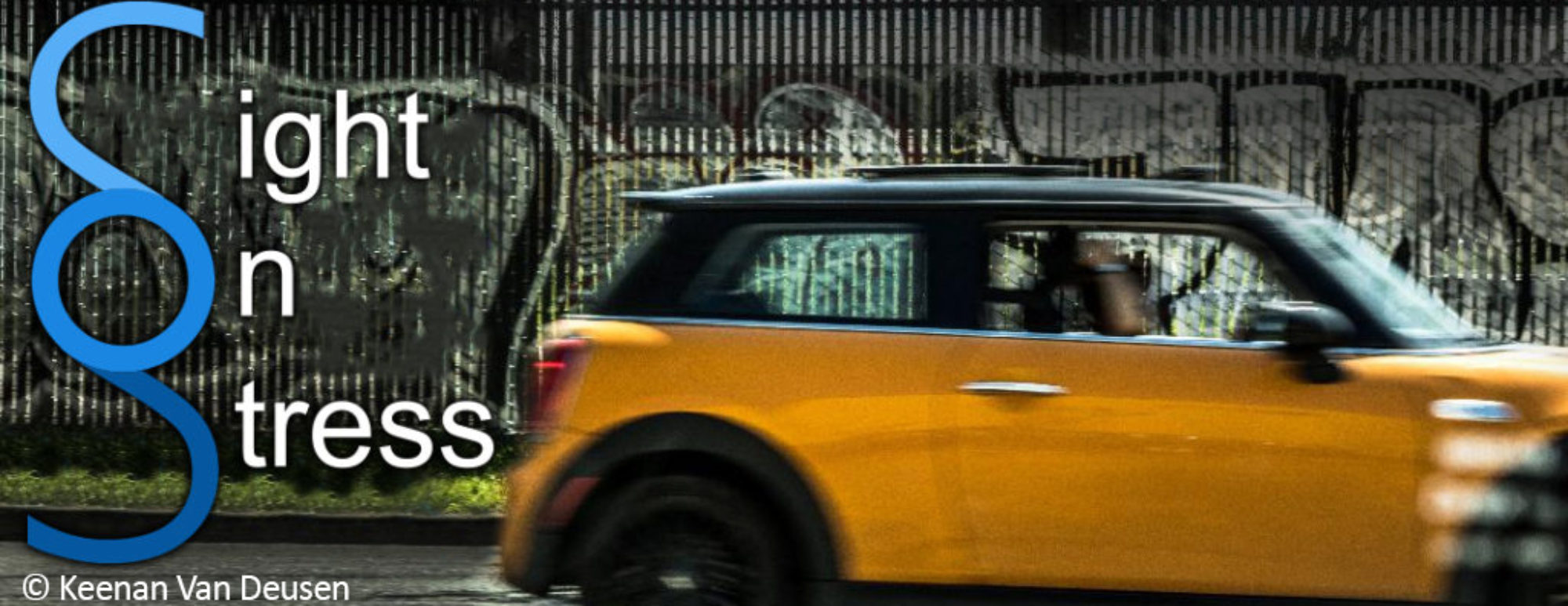Don’t Let Stress Ruin the Holiday

The holidays are upon us and that, for many, means holiday stress. While the Hallmark picture of a warm, loving family, gathered around the dinner table, breaking bread together is alluring, it’s not necessarily realistic for everyone.
Some people are estranged from their families. Others have no family. And some simply don’t like being around their families. When we wish for the Hallmark image and experience something less desirable, it can lead to stress. Whenever there is tension between what someone wants and what someone actually gets, the possibility for stress is present. But what if we released that tension?
Mary’s Holiday Stress
Take, for example, my friend, Mary. Mary grew up in a small family. She had one older brother, a mother and father and one set of grandparents. While cousins existed in other parts of the country and world they hardly saw one another and certainly didn’t gather for a holiday meal. That would’ve been “weird” as Mary says because she hardly knew her relatives. So, Thanksgiving dinner consisted of her nuclear family of four and her elderly grandparents (they always seemed elderly to Mary, even when she was young and they were only in their sixties.)
Back in the day, Mary would lie on her bed every November dreaming of the big family gathering her friends seemed to enjoy where the adults reportedly laughed, drank and ate and the kids played hide and seek. How fun it seemed to have so many jovial people around and so many cousins to play with. When the day arrived in her home, Mary would fix her hair with the fanciest of barrettes and change into her “nice clothes,” hoping for a festive Thanksgiving celebration.
Year After Year
But every year, it was the same. Grandma and Grandpa would drive over in their Oldsmobile, formally pat Mary on the head upon seeing her and then sit down with a cocktail for a typically strained conversation with Mary’s father. Mary’s mother, seemingly overwhelmed and irritated, frantically and single-handedly stayed in the kitchen and cooked the Thanksgiving meal.
Before Mary knew it, the day was over and she was sad. Year after year she hoped it would go differently and year after year it was the same somber and stressful experience. Why did Dad not like Grandpa? Why did Grandma not help Mom? Why did no one pay attention to her and her sister? Being a child, Mary felt helpless to change the situation.
Holiday Stress and Tension
Many of my clients today face the same tension Mary experienced, or worse, as they anticipate strained conversations or arguments over the hot political topics that seem to divide our country these days. One female client approaches the Thanksgiving holiday with dread.
Seeing Uncle Johnny, a gun rights activist, who can’t understand why she voted for “that witch, Hillary” infuriates her every time. One of my gay male clients painfully anticipates having to answer Aunt Ruth’s question about why he hasn’t found a “nice girl” to settle down with when telling her he’s gay would cause upset for the whole family. He’s afraid such an admission would leave him feeling worse than he already does, being the only liberal in a conservative family.
How can we create our own peace, our own “Hallmark” experience when situations like the above are more prevalent than ever these days? How can we learn to enjoy the moment when we are worried about strife? Mary solved that problem when, as an adult, she chose to throw a big Thanksgiving bash with friends and invite her family, hoping to create that big family scene where the adults laughed and the kids played.
Mary’s Thanksgiving
At first, Mary’s family was uninterested, but after the first two years without Mary, they had a change of heart and decided to do it her way. Now, for the last twelve years, Mary’s parents and brother have been attending her Thanksgiving party. Some years they fly in a long-lost cousin or bring along friends of their own.
Does everyone present agree on how the bird should be cooked? No. Do her family and friends always see eye to eye on religion and politics? No. But Mary has intentionally cultivated a positive and effervescent energy that seems to melt tension. In order to realize the dream, Mary knew she needed to embrace everyone with love and compassion. She suspended judgment about how she thought people should act or what they should believe. Sometimes this meant putting her arms around her depressed mother or listening to her father’s opposing political view. But she found this to be liberating. Embracing others releases tension.
How to Reduce Holiday Stress
Now, you may not be able to throw the Thanksgiving bashes Mary does, but what you can do is approach the day with an open heart. Even if you are spending it alone. Be kind and gracious to yourself and others. Have gratitude for what is going well, be it your health, a niece’s smile, a beautiful fall day, rain after a devastating fire.
As the founder of Mindfulness-Based Stress Reduction, Jon Kabat-Zinn, says, “start by noticing you’re breathing—that you’re alive, and that’s a good thing.” Everyone suffers. Everyone wishes to be understood. Bring that acceptance of yourself and others into the day and you will find less resistance, less tension, less stress. This does not mean you condone an opposing political view, for example. Compassion and acceptance of others doesn’t necessarily mean you agree with them. It simply means you don’t have to fear them. By approaching the holidays with an open heart, you let in possibility and release rigidity.
- Nature as a Stress-Reliever
- Can Positive Events Cause Stress?
- Plagued With Anxiety? A Simple Intervention
Dr. Van Deusen received her PhD in Clinical Psychology from the California School of Professional Psychology in Los Angeles in 1992. She has cultivated deep knowledge of attachment theory and stress and has worked with various populations over her two and a half decade career. Her practice is in Seattle, Washington. Buy her book Stressed in the U.S.: 12 Tools to Tackle Anxiety, Loneliness, Tech-Addiction and More here

